
Modern biofabrication is grounded in an extensive collection of base components to produce innovative bio-based products.
Securing environmentally mindful sourcing is vital for future-proofing and moral progress in biomanufacturing.
multiple challenges associated with traditional raw material procurement such as ecological damage and resource depletion. Consequently, biotech firms need proactively to adopt sustainable procurement approaches to reduce environmental impact.
- Representations of ethical supply approaches are:
- Integrating compostable agricultural waste into supply chains
- Establishing regenerative loops to cut waste and elevate material utilization
- Partnering with local suppliers committed to ethical sourcing practices
Such a move to ethical procurement delivers ecological gains and commercial returns over time.
Upgrading Feedstock Traits for Better Biofuel Performance
Advancing fuel production depends on feedstock consistency and composition. Researchers repeatedly investigate innovative methods to enhance feedstock potential, achieving increased output and long-term energy sustainability. Initiatives integrate bioengineering to scale biomass production and pretreatment workflows to free fermentable sugars.
- Concurrently, efforts examine seaweed, industrial byproducts, and crop residues to increase the variety of renewable feedstock alternatives for fuel production.
- Via sustained research the industry stands ready to accomplish considerable improvements that enable a greener energy transition.
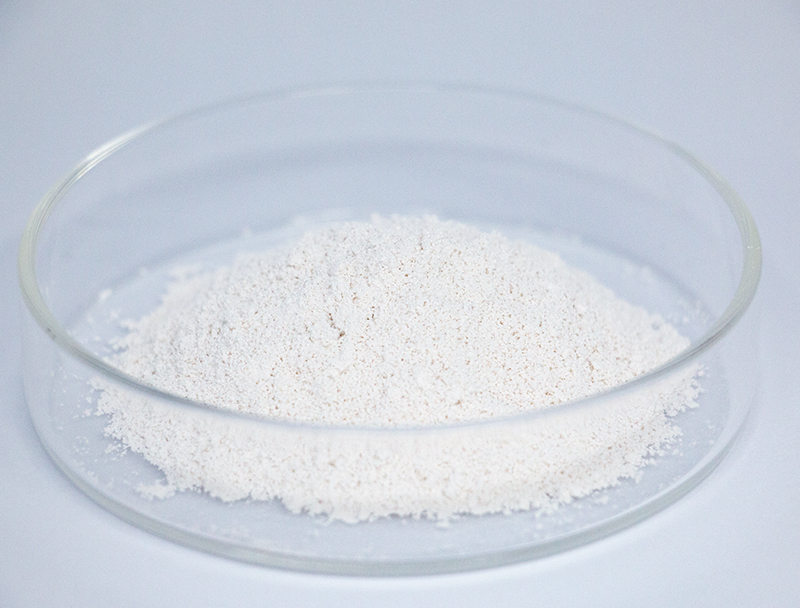
Biopharmaceutical Production: Innovations in Upstream Processes
represents the initial stages of biopharmaceutical manufacturing, encompassing all steps from cell culture and cell harvesting Recent progress has advanced techniques that maximize productivity and increase output.
Significant developments incorporate advanced biological platforms, tailored medium blends, and precision reactor engineering. These strategies improve manufacturing efficiency and lessen cost and ecological effects.
- Also, evolving practices favor continuous flow processing which supports more agile upstream control.
- Embracing sophisticated manufacturing strategies is poised to change industry norms and shorten development cycles.

Innovations in Gene Editing for Improved Biopharmaceutical Yield
developments in targeted genetic engineering methodologies have modernized drug manufacturing. Using precise gene interventions, engineers raise the output of key therapeutic proteins. The approach may facilitate scalable, low-cost therapeutic production for numerous diseases.
Microbial Biotechnology as a Sustainable Cleanup Strategy
advanced microbe-driven remediation methods to treat contaminated sites sustainably. Specialized microbes can enzymatically degrade pollutants to reduced-toxicity products.. Employing microbial processes facilitates remediation approaches that preserve ecosystem integrity while reducing pollution.. Laboratories test microbial species for efficacy against metals, pesticide pollutants, and oil-related contamination. They can be integrated into bioreactor platforms or introduced in the field to stimulate microbial breakdown of hazardous compounds..
Biological remediation using microbes yields meaningful benefits compared to conventional strategies. Microbial remediation can cut expenses and limit harmful secondary emissions. Furthermore, microbial solutions are highly specific, allowing for the remediation of particular pollutants without disrupting the broader ecosystem. The domain advances quickly, concentrating on raising reliability and performance of microbial cleanup methods.
The Role of Bioinformatics in Drug Discovery and Development
Digital bioinformatics methods are central to evolving therapeutic discovery processes. By integrating diverse datasets, bioinformatics enhances candidate identification and therapeutic optimization.
- Through mining large genomic, proteomic, and clinical repositories, informaticians reveal new targets and forecast drug behaviors.
- In addition, predictive simulations inform medicinal chemistry efforts to craft more efficacious drugs.
- In the end, informatics-driven methods streamline development and accelerate delivery of therapeutic solutions to patients.
Pathway Engineering for Greater Bioproduct Yields
applies assorted techniques to boost microbial synthesis of valuable compounds. Programs use genetic redesign of metabolic networks, dynamic regulation of expression, and addition of heterologous genes to unlock new capabilities. Via targeted metabolic optimization researchers can meaningfully escalate production of desired biochemicals.
This wide-ranging tactic can overhaul industries spanning medicine, agriculture, and energy production.
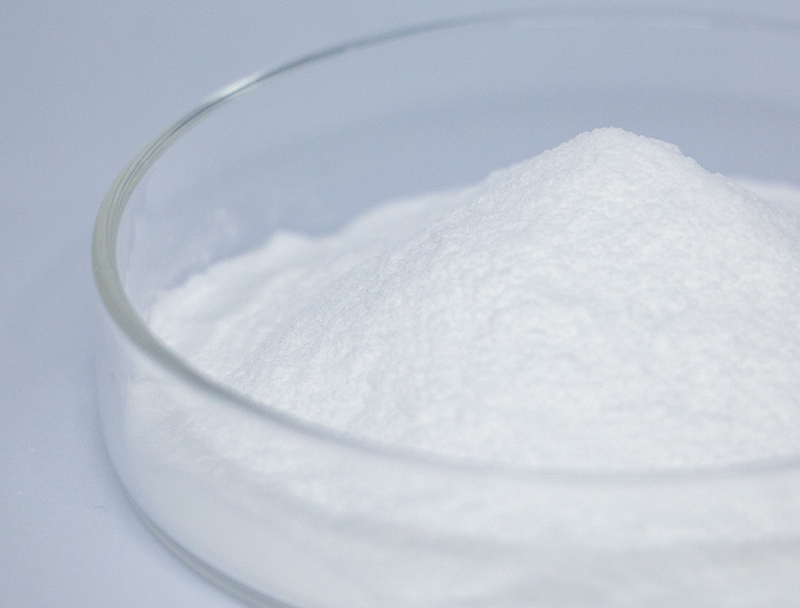
Barriers and Benefits When Expanding Biopharmaceutical Manufacturing
Transitioning to higher volumes entails serious complications and potential rewards. Sustaining uniform quality across expanded production capacity is a principal challenge. Meeting the need calls for dependable control systems, granular monitoring, and cutting-edge analytical methods.
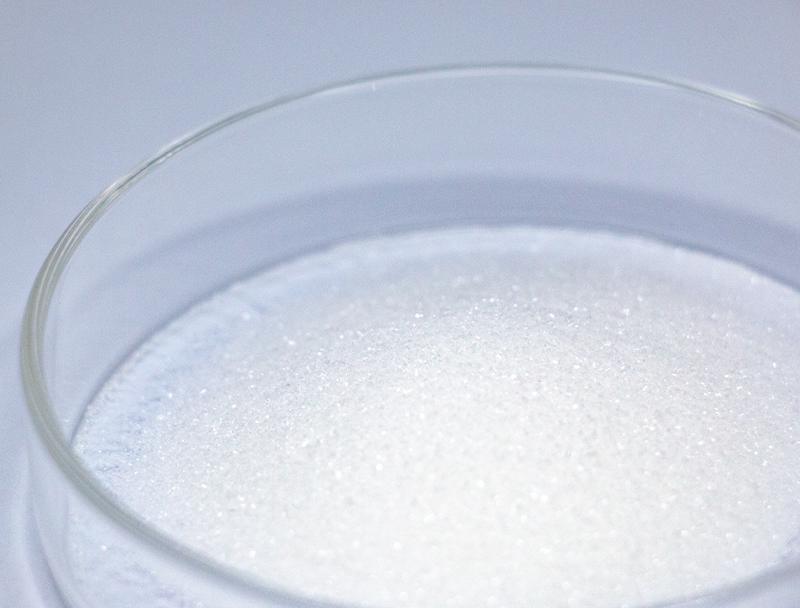
Complexity in multi-step biomanufacturing operations presents ongoing operational challenges.. Adapting protocols for industrial scale requires considerable development work and engineering advances.. However, the prospective rewards are sizable. Proper scaling can increase therapy supply, reduce expenses, 4-Aminobutyric acid and elevate profitability.
A series of measures are underway to confront these obstacles. Examples include novel optimization technologies, predictive analytics for real-time control, and inventive production models.
- Product development and process R&D are pivotal to boosting production capabilities.
- Government agencies are streamlining review procedures to permit quicker uptake of new production technologies and foster innovation.
Exploring Approval Frameworks for Biopharmaceutical Safety and Effectiveness
Creating biologic medicines requires strict regulatory controls to maintain both patient safety and therapeutic value. Products of biological origin introduce specific challenges that differ from standard drug development.
Regulatory authorities including FDA and EMA are central to creating criteria and processes for approving innovative biologics..
Rigorous testing protocols are mandatory throughout the development lifecycle, from pre-clinical research to post-market surveillance.. These measures aim to identify potential risks and guarantee that biopharmaceuticals meet the highest levels of safety..
Additionally, regulators regularly update methods to match the pace of fast-moving biopharma innovations.. Programs embrace modern technologies and foster development speed while maintaining patient-centered safeguards.
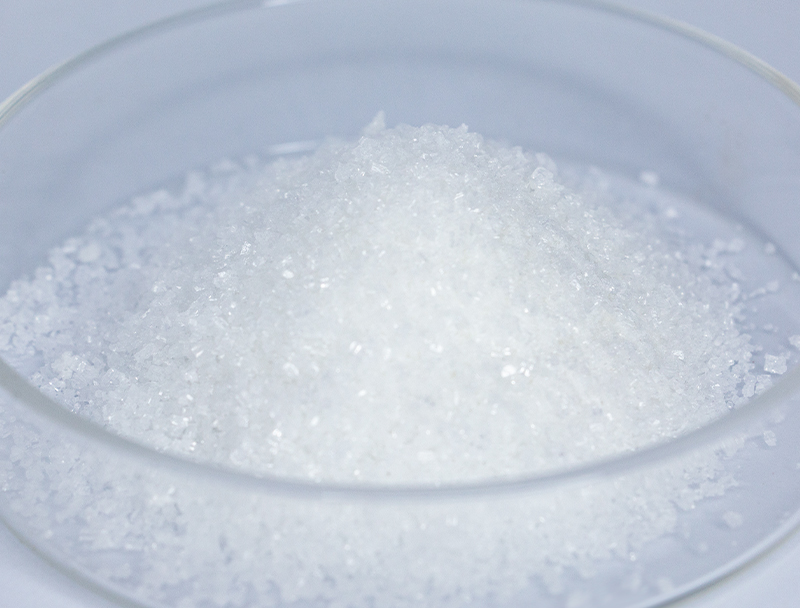
Harnessing Plant Feedstocks to Create Biodegradable Plastics
The expanding market for green materials prompts increased R&D into bio-based solutions. Plant-origin feedstocks converted into bioplastics create promising opportunities for eco-friendly materials. Plant inputs like corn-derived starch, cellulose derivatives, and sugarcane can be turned into degradable plastics that lessen environmental burdens.
Also, many renewable bioplastics exhibit comparable mechanical and functional traits to conventional plastics across applications.. Continued research and innovation in this field are crucial to unlocking the full potential of plant-based biomass feedstocks in the manufacture of sustainable bioplastics, paving the way for a circular economy.
Biotechnology Driving Advances in Health and Agricultural Stability
Biotechnology equips researchers with methods to tackle health crises and bolster food availability. By harnessing genetic engineering, synthetic biology constructs, and advanced cell therapies, technologists deliver capabilities to reduce disease burden, raise crop outputs, and increase food value. For example, engineered crops with pest resistance and stress tolerance can increase yields while lowering pesticide use.. Furthermore, biotechnology supports creation of vaccines, therapeutic agents, and advanced diagnostics that strengthen responses to infectious threats and enhance health outcomes.. As innovations mature, biotechnology can provide meaningful contributions toward global health and resilient food supplies for future generations.
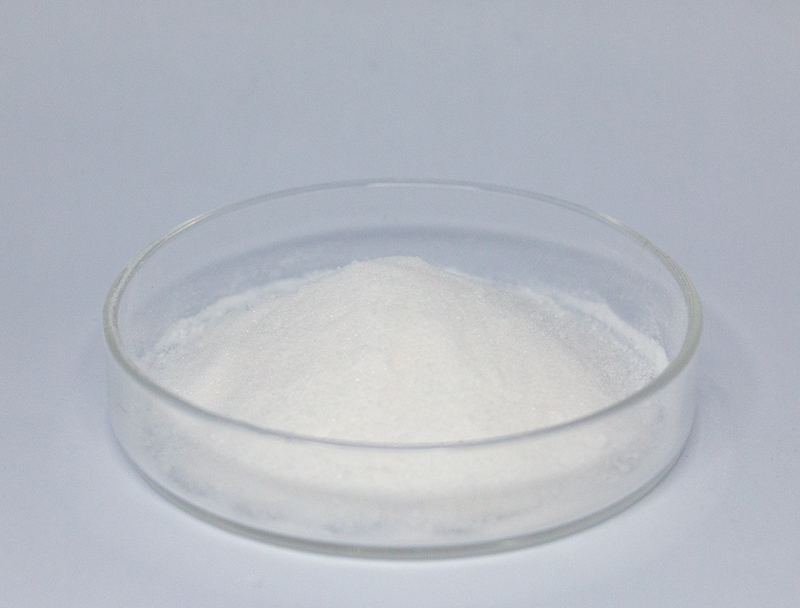 L-Carnosine
L-Carnosine